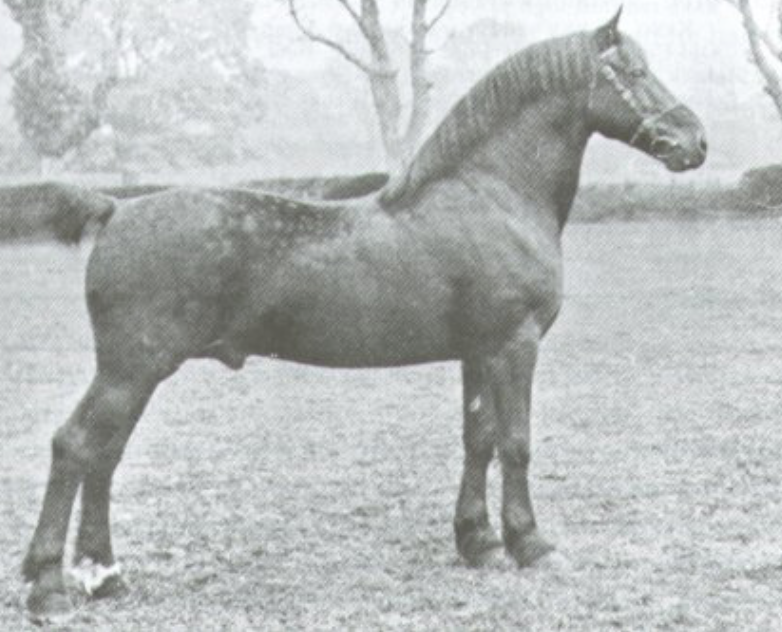We spent the weekend in Point Reyes, which is so beautiful it almost defies photography. The California Field Atlas describes it as an authentic Pleistocene-era prairie by the sea. Philip K. Dick was also moved by:
this wild moor-like plateau that dropped off at the ocean’s edge, one of the most desolate parts of the United States, with weather unlike that of any other part of California.
The giant camels and mastodon that roamed here in the Ice Age are gone, but if you look closely, there’s a herd of not-quite-extinct tule elk grazing out on this headland.

Jeremy was enchanted by the Marconi RCA wireless station, the first and last of its kind. Now that we are home, he’s in his office playing with software-defined radios and emitting atmospheric bursts and Morse code. For my part, I loved the dairy ranches, and imagined myself quitting tech to become a simple farmer, a man of the people, at one with the land.

Of course I am not the first to indulge this fantasy. It forms the substance of Dick’s Confessions of a Crap Artist, Daniel Gumbiner’s The Boatbuilder, and even Summer Brennan’s The Oyster War. All three are at pains to point out that no matter how lovely the place is, it can’t help you escape who you are.
West Marin has dangled before the white mind like a lure for almost five hundred years. In 1579, the pirate Francis Drake in his galleon full of stolen Spanish treasure christened it Nova Albion and claimed it for Queen Elizabeth I. The visitor center on Drakes Beach notes that people in South America used his name to frighten their children, so that’s nice.
The Coast Miwok survive and now form part of the Federated Indians of Graton Rancheria. Still, anthropologist Betty Goerke calculates that between genocide, epidemic, and aggressive zoning laws designed to maintain high property values, there are fewer people living in Point Reyes today than there were in Drake’s time. It’s a pretend wilderness, like Yosemite and Kur-ring-gai. I’m indebted to its original custodians for how it heals my sore heart.


